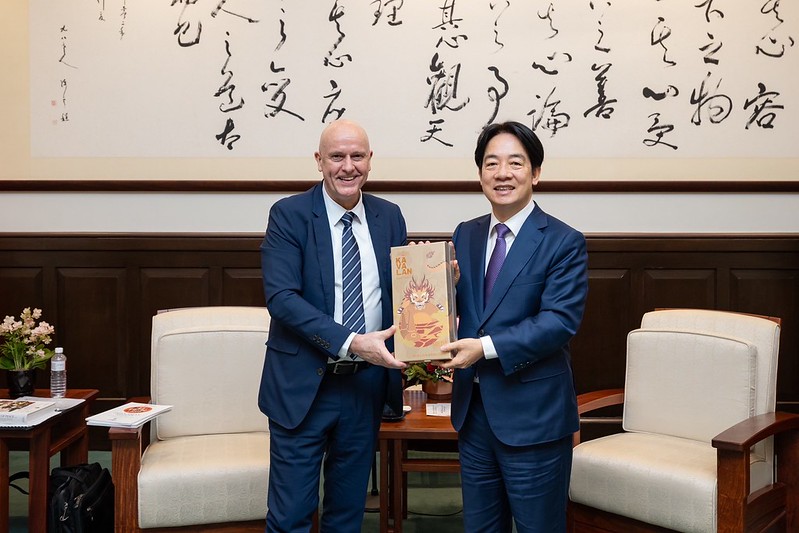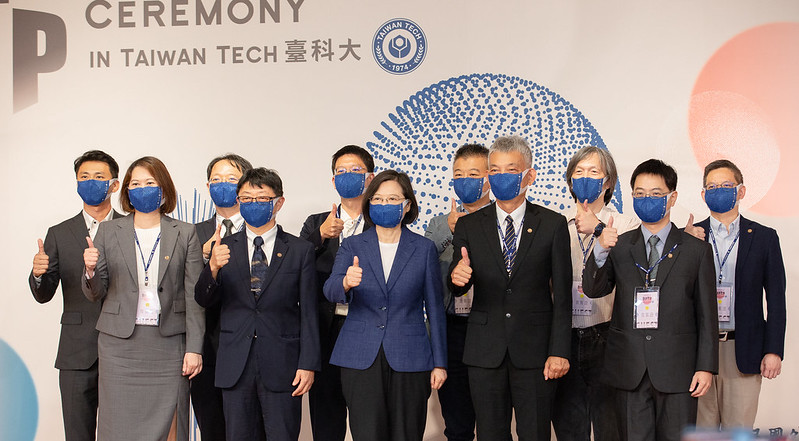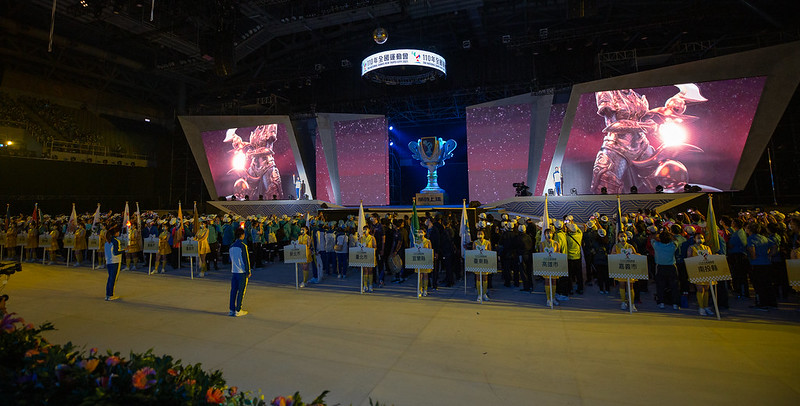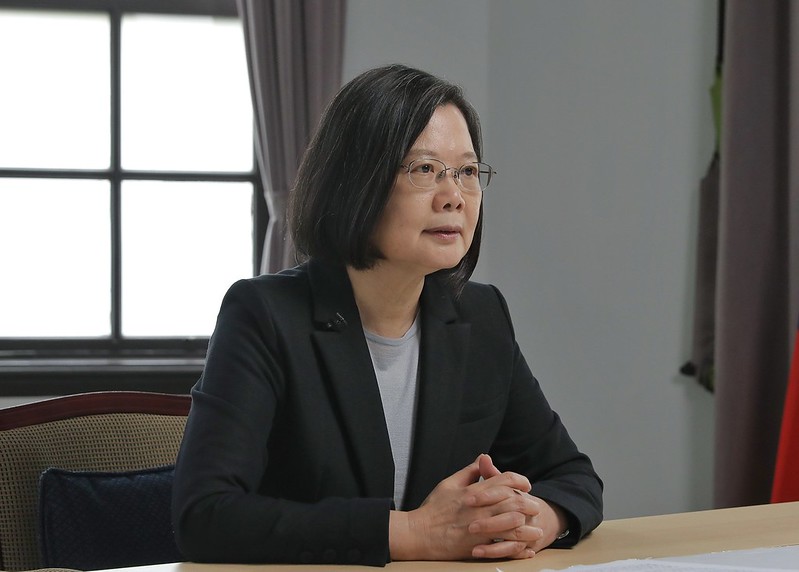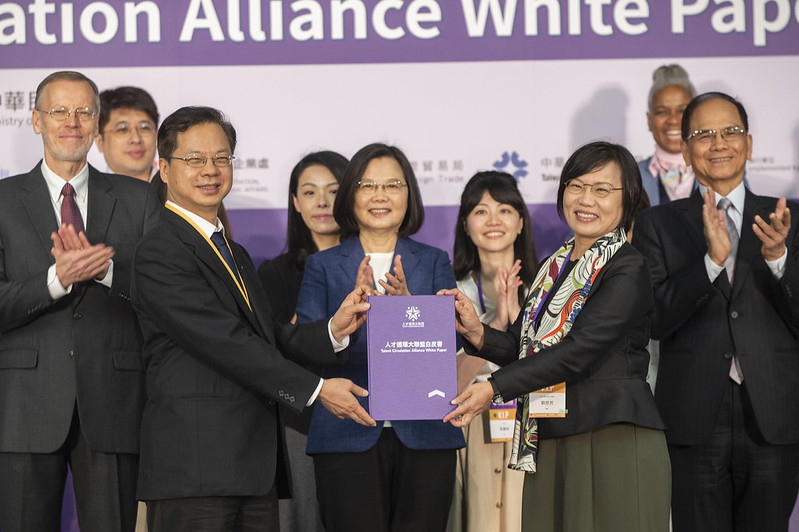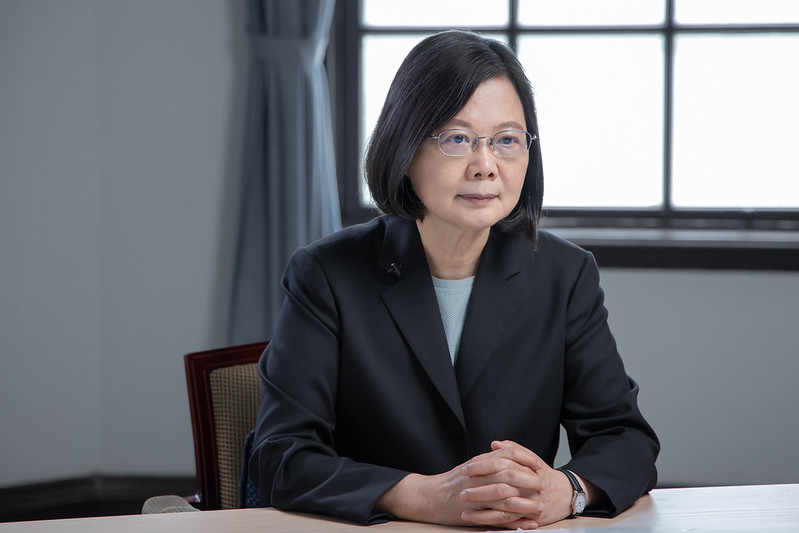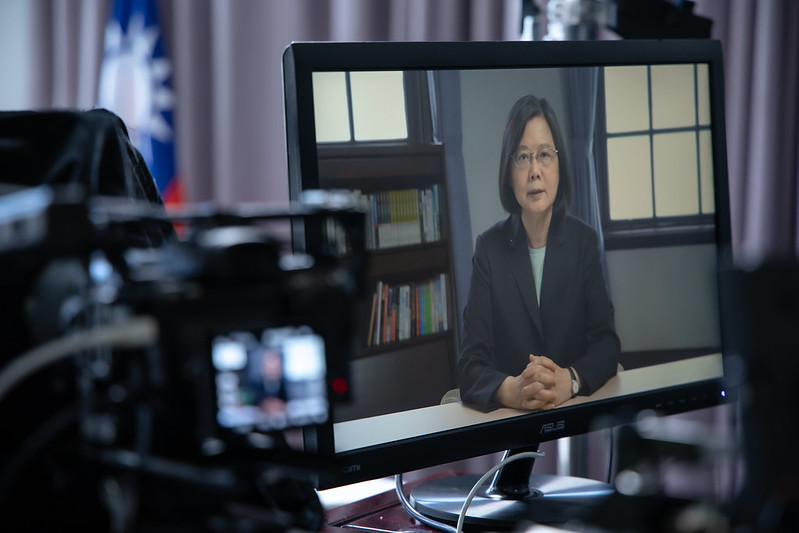News & activities
 News releases
News releases
On the afternoon of May 17, President Tsai Ing-wen addressed the opening of the 21st Asian Physics Olympiad via a pre-recorded video, in which she welcomed all Olympiad contestants from around the world and wished everyone a successful competition. The president further expressed hope that the event would allow participants to get to know one another better while deepening their interest in science.
A translation of the president's remarks follows:
I want to welcome all contestants from around the world participating in the 21st Asian Physics Olympiad.
Physics is one of the most important fundamental sciences, as it explores the nature of all phenomena. Through physics, we can explore the origin of the universe, understand the laws of the natural world, advance technological progress, and change our everyday lives.
Because physics is such a fascinating field, the Asian Physics Olympiad always attracts outstanding young participants from many countries, giving them a chance to interact with and learn from one another.
I am delighted that Taiwan's Ministry of Education and Ministry of Science and Technology are co-sponsoring this year's event, which is organized by National Taiwan Normal University. Thank you to everyone whose efforts have given Taiwan the opportunity to hold this competition.
Though the pandemic left us with no choice but to move this year's event online, the exact same laws of physics apply, and I am confident the competition will be just as exciting.
There are over 200 teachers and students across 26 teams from 21 countries represented here. I know you will all do yourselves proud. More importantly, I hope you enjoy getting to know your fellow participants, and leave this event with an even greater interest in science.
I wish you all a successful Olympiad. Thank you.
